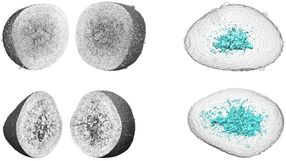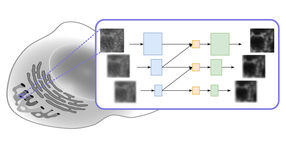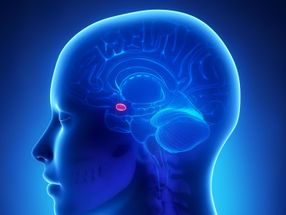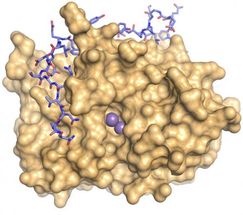Diffusion-weighted MRI can diagnose 'mad cow'-related disease in humans before symptoms show
Diffusion-weighted MRI is "extremely useful" in detecting Creutzfeldt-Jakob disease (CJD), a close cousin of "mad cow" disease, very early in its progression--even before the onset of characteristic clinical findings, according to a new study by researchers from Showa University Northern Yokohama Hospital in Japan.
For the study, researchers analyzed nine cases of CJD in which MRI of the brain was performed during early, intermediate and late stages of the disease. At the early stage, researchers were able to detect the disease using diffusion-weighted MRI in all cases.
Diffusion-weighted MRI follows the random motion of water molecules throughout the brain. According to Ryutarou Ukisu, MD, lead author of the study, diffusion-weighted MRI is useful for many conditions, and it is widely used for early detection of stroke-related conditions.
According to the study authors, early diagnosis of CJD is notoriously difficult and is often complicated by its frequent confusion with other causes of dementia, although its diagnosis is a critical one. "Although no cure for CJD exists, early detection of the disease may become more important when effective therapeutic measures are available. Also, since CJD is an infectious disease, the handling of tissue specimens and body fluids requires special care. Human-to-human infection has been reported, and early diagnosis definitely plays a positive role in its prevention of spread," said Dr. Ukisu.
The study appears in the February 2005 issue of the American Journal of Roentgenology.
Most read news
Topics
Organizations
Other news from the department science

Get the analytics and lab tech industry in your inbox
From now on, don't miss a thing: Our newsletter for analytics and lab technology brings you up to date every Tuesday. The latest industry news, product highlights and innovations - compact and easy to understand in your inbox. Researched by us so you don't have to.
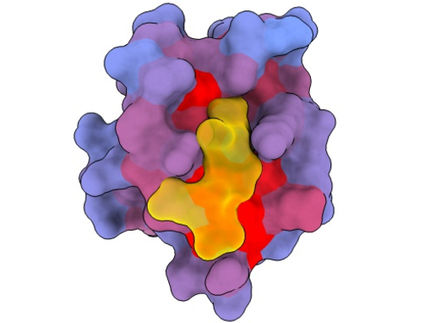



![[Fe]-hydrogenase catalysis visualized using para-hydrogen-enhanced nuclear magnetic resonance spectroscopy](https://img.chemie.de/Portal/News/675fd46b9b54f_sBuG8s4sS.png?tr=w-712,h-534,cm-extract,x-0,y-16:n-xl)














